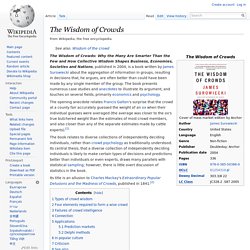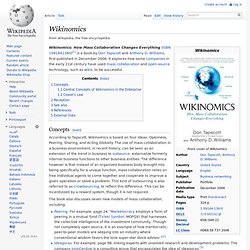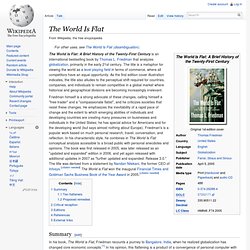

Simpleslide.com’s Presentations on SlideShare. « L’éloge de la faiblesse » d’Alexandre Jollien. Quelques mots sur le livre Ce premier livre, écrit en 1999, a pour fil conducteur la joie, rencontrée au cœur des épreuves, mais aussi au hasard de l’existence.

Construit sur la base d’une conversation imaginaire avec Socrate, Alexandre Jollien nous y dévoile les grandes étapes de sa vie, et s’interroge sur la notion de « normalité ». Il nous fait ainsi découvrir que « l’on ne naît pas homme », mais qu’ « on le devient, et que cette aventure n’est pas sans joie ». « L’éloge de la faiblesse » a obtenu le Prix Mottart et le Prix Montyon de l’Académie Française. Il a également été traduit en plusieurs langues, et a été adapté au théâtre par Charles Tordjman. Quelques mots sur l’auteur Alexandre Jollien naît en 1975 à Sierre (Suisse) avec un handicap moteur cérébral. Quelques avis sur le livre Parmi les différents avis sur ce livre, on peut notamment mettre en avant l’invitation à « méditer sur les fragilités de la condition humaine et les bonheurs du partage et de l’amitié ». The Big Switch: Rewiring the World, from Edison to Google. The Wisdom of Crowds. The Wisdom of Crowds: Why the Many Are Smarter Than the Few and How Collective Wisdom Shapes Business, Economies, Societies and Nations, published in 2004, is a book written by James Surowiecki about the aggregation of information in groups, resulting in decisions that, he argues, are often better than could have been made by any single member of the group.

The book presents numerous case studies and anecdotes to illustrate its argument, and touches on several fields, primarily economics and psychology. The opening anecdote relates Francis Galton's surprise that the crowd at a county fair accurately guessed the weight of an ox when their individual guesses were averaged (the average was closer to the ox's true butchered weight than the estimates of most crowd members, and also closer than any of the separate estimates made by cattle experts).[1] Types of crowd wisdom[edit] Surowiecki breaks down the advantages he sees in disorganized decisions into three main types, which he classifies as. Long Tail. An example of a power law graph showing popularity ranking. To the right (yellow) is the long tail; to the left (green) are the few that dominate. Wikinomics: How Mass Collaboration Changes Everything. Concepts[edit] According to Tapscott, Wikinomics is based on four ideas: Openness, Peering, Sharing, and Acting Globally.

The use of mass collaboration in a business environment, in recent history, can be seen as an extension of the trend in business to outsource: externalize formerly internal business functions to other business entities. The difference however is that instead of an organized business body brought into being specifically for a unique function, mass collaboration relies on free individual agents to come together and cooperate to improve a given operation or solve a problem.
This kind of outsourcing is also referred to as crowdsourcing, to reflect this difference. This can be incentivized by a reward system, though it is not required. Thomas L. Friedman. History of the world twenty years from now, and they come to the chapter "Y2K to March 2004," what will they say was the most crucial development?

The attacks on the World Trade Center on 9/11 and the Iraq war? Or the convergence of technology and events that allowed India, China, and so many other countries to become part of the global supply chain for services and manufacturing, creating an explosion of wealth in the middle classes of the world's two biggest nations, giving them a huge new stake in the success of globalization? And with this "flattening" of the globe, which requires us to run faster in order to stay in place, has the world gotten too small and too fast for human beings and their political systems to adjust in a stable manner? In this brilliant new book, the award-winning New York Times columnist Thomas Friedman demystifies the brave new world for readers, allowing them to make sense of the often bewildering global scene unfolding before their eyes.
Reviews. The World Is Flat. The World Is Flat: A Brief History of the Twenty-First Century is an international bestselling book by Thomas L.

Friedman that analyzes globalization, primarily in the early 21st century. The title is a metaphor for viewing the world as a level playing field in terms of commerce, where all competitors have an equal opportunity. As the first edition cover illustration indicates, the title also alludes to the perceptual shift required for countries, companies, and individuals to remain competitive in a global market where historical and geographical divisions are becoming increasingly irrelevant. Friedman himself is a strong advocate of these changes, calling himself a "free-trader" and a "compassionate flatist", and he criticizes societies that resist these changes. Summary[edit] Friedman repeatedly uses lists as an organizational device to communicate key concepts, usually numbered, and often with a provocative label. Ten flatteners[edit] Proposed remedies[edit] Critical reception[edit]